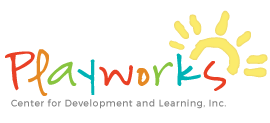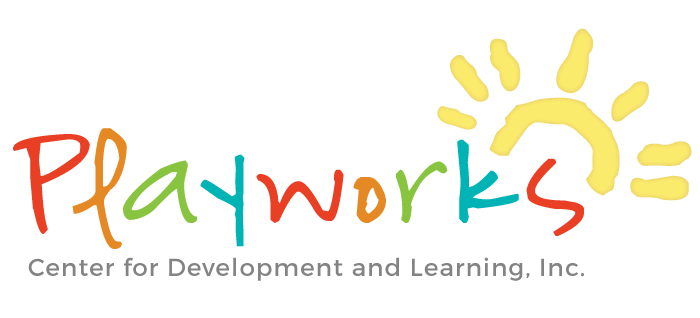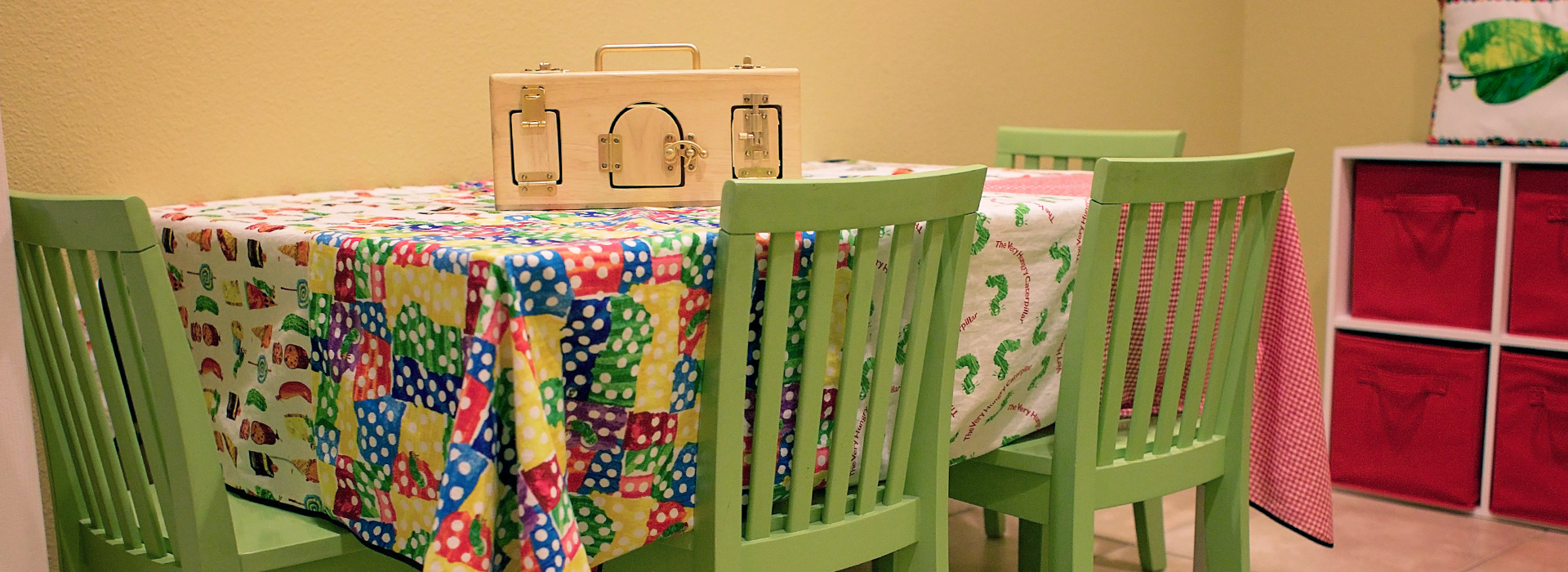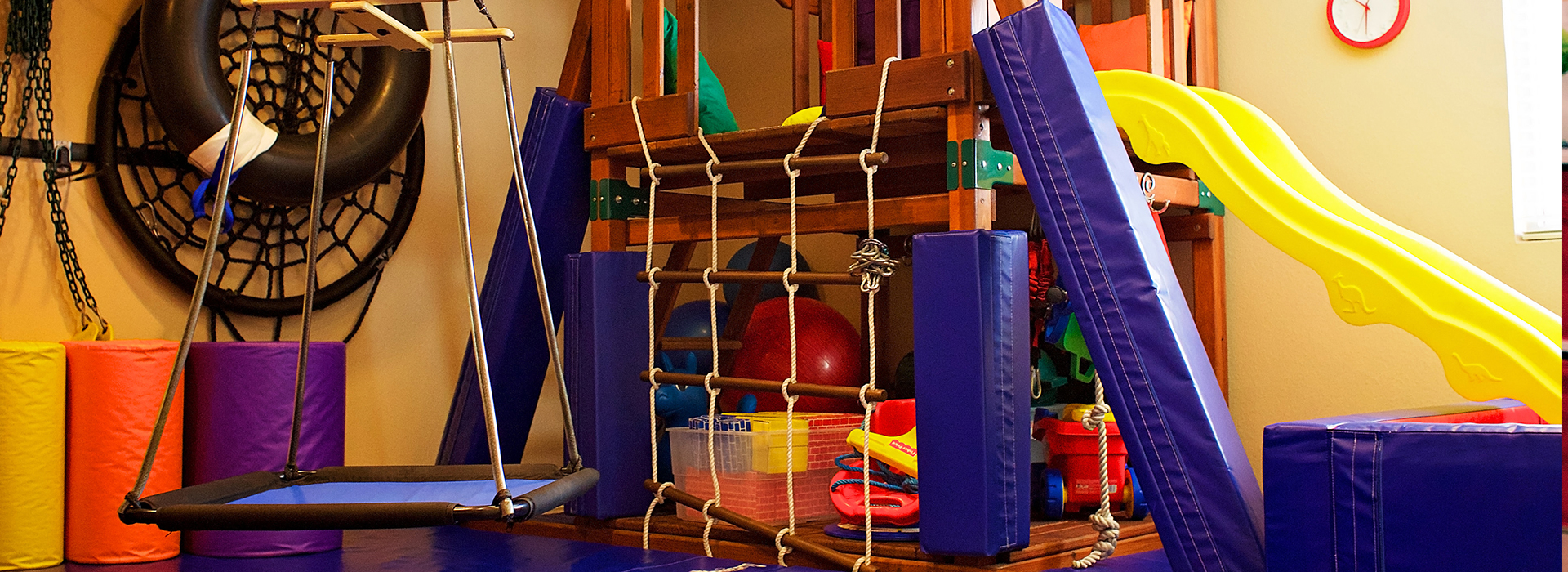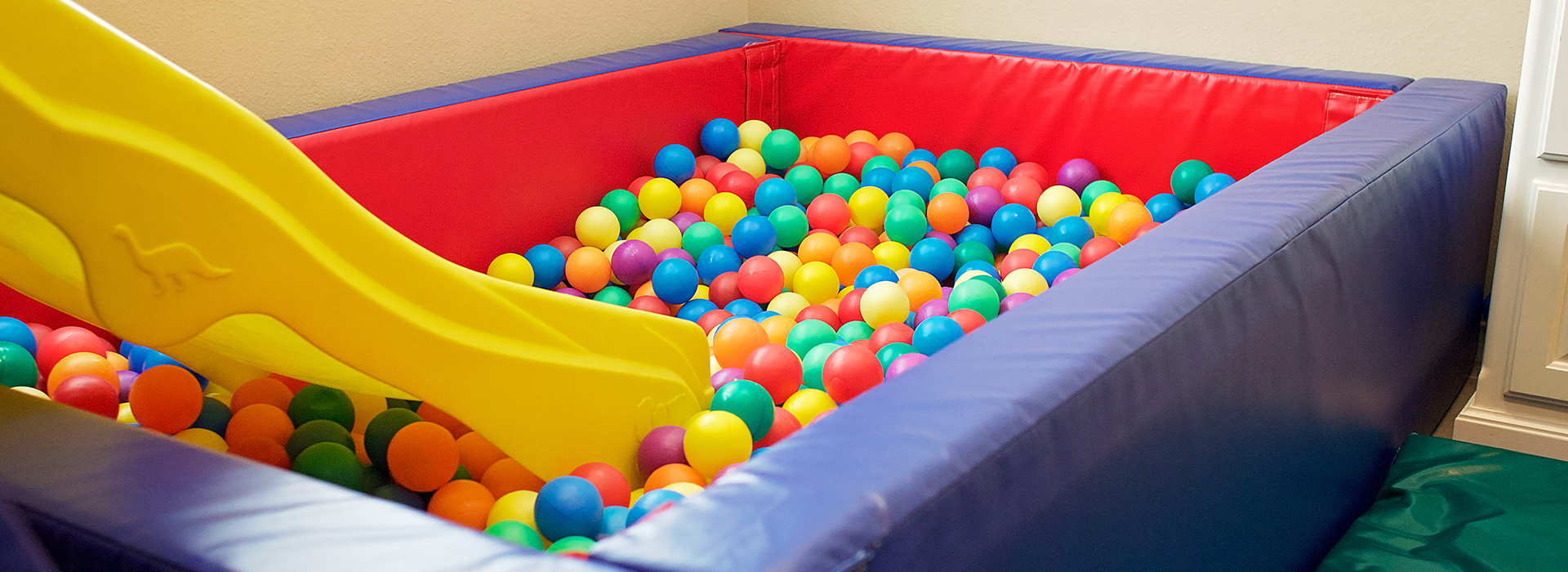About Playworks
Playworks is a private practice of professionals providing assessment, intervention, and consultation to families of young children with special needs since 1996. We specialize in working with children presenting complex developmental issues related to diagnoses including autism spectrum disorders. Our approach to children and families is influenced by models including the DIR®/Floortime™ Model, Ayres Sensory Integration®, and Social Thinking®.
Our services include assessment, occupational therapy, speech-language therapy, social communication groups, and consultation for families of children with a range of risk factors or special needs conditions. We accept new clients from infancy to age six at the time of enrollment.

Words from Parents
Hi Kelli, This week E started kinder and I just had to share with you that yesterday he didn’t get a “happy note” because he was talking too much in class!! Although I should’ve been upset, I couldn’t help but realize how far we had come from his non-verbal days. Thank you for all you do!
Thank you so much for all you have done for J! It was great to drop him off at his first day of preschool knowing that he can communicate!!!!!!!!!! We are so grateful to you both. He loved it and was quite annoyed when I came to pick him up! To hear him say bye to his teacher and “I got this mom” to me melts my heart. I want to tell every mom out there. If you have doubts go to speech! It’s the best decision I’ve made. We love Playworks! You guys are the best!!!!!
As a parent of a child with autism you often feel like you’re in crisis mode. That is until we found Playworks! Kelli Wilms and her wonderful staff have been a lifesaver. It always makes my day when my daughter is done with her session and comes out with a BIG smile on her face and says “Mama I’m happy!”
My 3-year-old son started Playworks completely non-verbal one year ago. Now he is able to put 4-word sentences together! He has made tremendous progress thanks to Kelli and all of the staff at Playworks. They treat us like family and love each and every child that walks through the door. I will be forever thankful for the work they have done with my son.
We are so thankful for Playworks. Playworks is family and without them we would not be where we are today!!
Playworks’ specialized therapies helped M work through her challenges of autism and she has progressed ever since we started.
Playworks Philosophy
1. “Children are viewed as active participants in their own development.”
2. “Children are not the embodiment of their diagnoses and must not be treated as such; children are always children first.”
3. “An emphasis on strengthening fundamental milestones is critical in developing a foundation for relatedness, communication, and learning.”
4. “An understanding of the sensory processing that underlies children’s atypical behaviors also provides openings to treatment.”
5. “Emotions enable us to give purpose to our behavior and meaning to our words.”
6. “Multisensory cueing and meaningful repetition provide essential input to children with motor planning difficulties.”
7. “Development, assessment, and intervention are dynamic processes in which a child’s caregivers play an essential role.”
8. “A diagnostic label should not be used as a rationale to disregard the concept of developmentally appropriate practices.”
9. “Words in isolation or as imposed labels have little meaning for children. It is essential to assist children in linking affect with language, cognition, and organized behavioral responses across contexts.”
10. “An adult’s ability to enter a child’s symbolic world is critical in promoting emotional differentiation and higher levels of abstract and logical thinking.”
11. “Children and families deserve and require more than a basic floor of opportunity.”
12. “Intervention programs are process-oriented and geared toward functional outcomes.”
13. “Adults provide support and guidance by building bridges from children’s present understanding and abilities to develop more functional or sophisticated skills.”
14. “Learning and generalization should be embedded within all activities and contexts, as opposed to drilling rote responses and targeting generalization of these responses as a separate phase of treatment.”
15. “Approaches to challenging behavior should be fully integrated with intervention to enhance relatedness and communication.”
